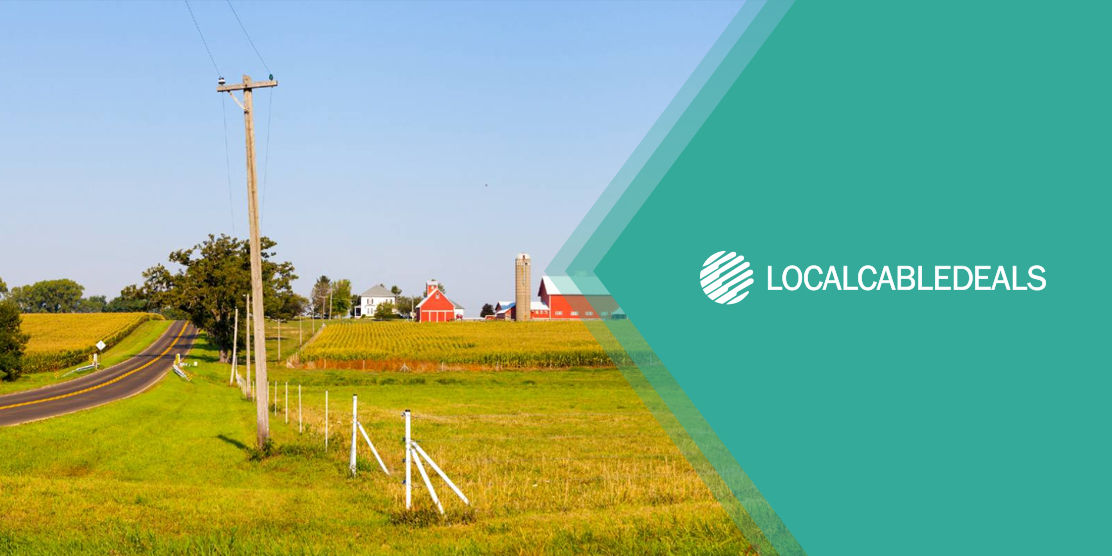Did you know that a VPN can make your internet speed slow? If not, now you do.
People use VPNs for many reasons, whether secure browsing or watching region-specific content. While the purpose can be harmless or unquestionable, using a VPN has risks and considerations. Stick around as we have some more interesting takes to share with you in this blog. But first, let’s start with understanding a VPN’s functionality and usage.
How Does a VPN Work?
According to stats, more than 45% of Americans and 93% of organizations use VPNs. The frequency and user percentage are clear indicators of how popular and effective the service is. Imagine the process as a tunnel – on one end you have the reception device, and on the other, you have the service provider’s remote server. VPN is the link that connects the two ends to run the show. There are three essential types of VPNs including client-site, site-site, and mobile app interactions.
Encrypted data leaves
the device
VPN gives a temporary IP from
the pool
The server tunnels and decrypts the data
Can VPNs Slow Down Internet Connections?
Yes, even the free VPNs may negatively influence internet speeds. Although the internet providers are also responsible, it can make a slow connection even slower. From routing to assigning IP addresses, a significant bandwidth goes into authenticating the whole process which can occupy a fair chunk of your speed, leading to a sluggish connection. However, there are some amazing VPNs known for keeping your connection private and speed consistent, such as:
- Surfshark (Paid)
- Proton VPN Free (The free version has only has 3-5 locations)
- NordVPN (Paid)
- Windscribe (Free 10 locations)
- PrivadoVPN Free (Free 11 locations)
Additionally, there are exclusive reviews for each VPN service, do your research and find one that makes browsing fun, safe, and fast.
Risks of Using a VPN
Risks
- Data is exposed and can be leaked
- Activity and behavior tracking
- Cyber threats and malware risks are still open
- Can slow your internet down
- Freemium versions can be tricky
Measures
- Find a competent and popular VPN service
- Explore the log and privacy policies before choosing
- Perform regular IP leak tests while using VPN
- Understand VPN regulations and limitations
- Choose a VPN with AES 256-bit encryption
And that’s a wrap, hope that answered all your relevant questions. A quick rewind:
- We discussed what VPN is and how it works
- Explored why it slows down the internet and relevant solutions
- And, discovered some associated risks and fixes
While choosing a smart VPN is important, what matters more is finding an even better internet provider. Otherwise, all your cautionary measures and carefully designed strategies will fail. So, take the first step and find a secure provider now!
FAQs
What are the 3 pros and cons of a VPN?
Here are some major pros and cons of using a VPN:
Pros
- Access all the sites and materials you need to
- Enhance online privacy and browsing safety
- Keeps you safe when using public WiFi
Cons
- Doesn’t act as an antivirus
- The advanced features can be expensive
- May reduce your internet speed
Should I leave the VPN on all the time?
While it may impact your internet speed, leaving it on is a suggested practice. It keeps your connection private, consistent, and safe.
Can a VPN cause internet problems?
VPNs are known to slow down the internet connection. However, you can avoid it by choosing a fast VPN and a fast internet provider.



